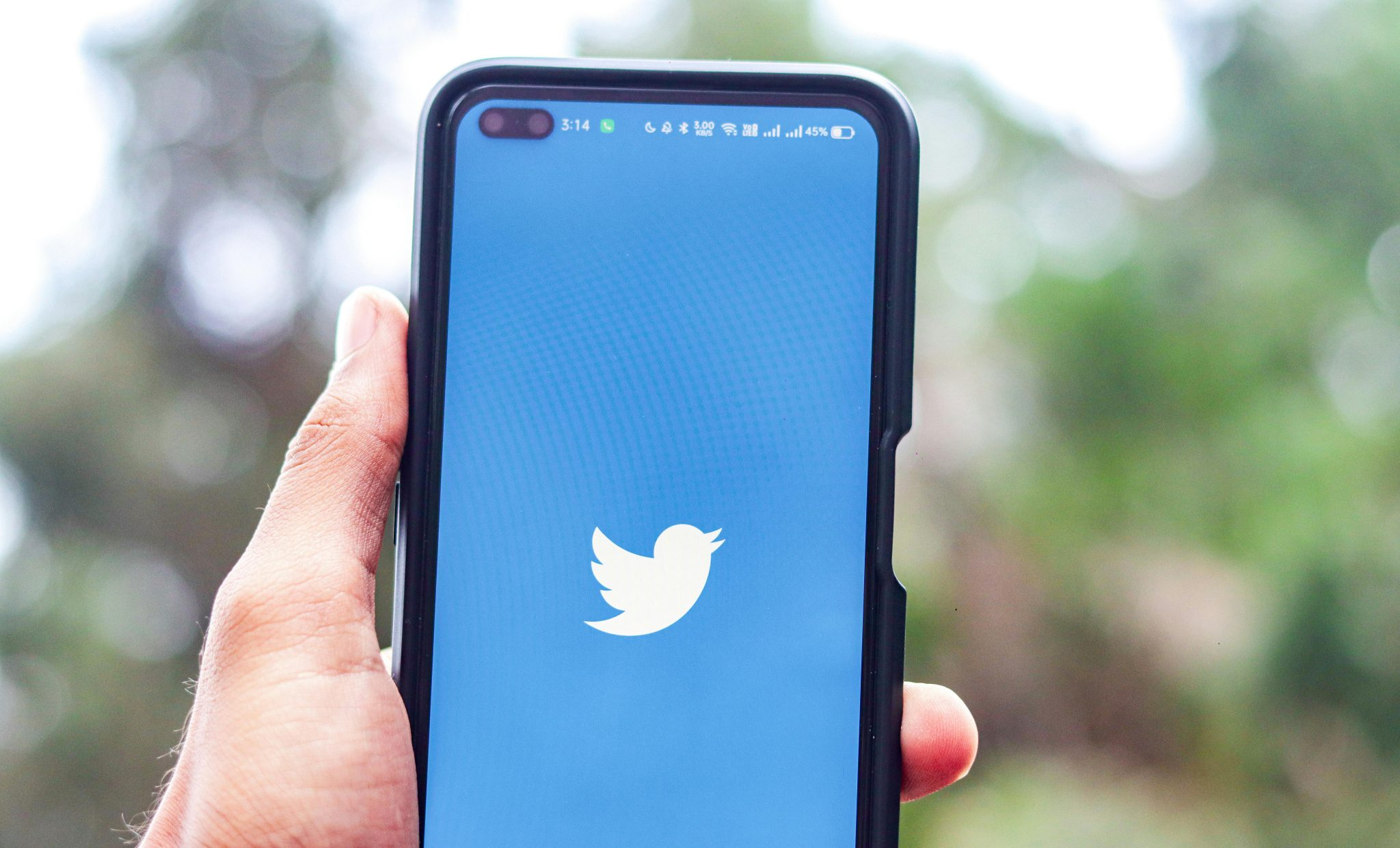The Influence of Social Media on Jury Decisions
Social media has become an integral part of our daily lives, influencing how we communicate, gather information, and even make decisions. With the rise of platforms like Facebook, Twitter, and Instagram, people have a constant stream of information at their fingertips. But what does this mean for a crucial process like jury decision-making? In recent years, the impact of social media on jury decisions has become a topic of much debate and research. In this article, we will explore the influence of social media on jury decisions and examine the potential implications for the justice system.
The Power of Social Media
Social media has revolutionized the way we connect and engage with others. With billions of active users, platforms like Facebook and Twitter have become the go-to sources for news, opinions, and discussions. The ability to share and access information instantly has made social media a powerful tool for shaping public opinion.
But the influence of social media does not stop there. Its impact extends to various aspects of our lives, including our decision-making processes. Studies have shown that social media can alter our thoughts, beliefs, and behaviors, often without our conscious awareness. This raises the question – how does social media affect jury decisions?
The Good
Access to Information
One of the greatest benefits of social media is its ability to provide access to vast amounts of information. This is especially relevant for jury members who are tasked with evaluating evidence and reaching a fair verdict. With social media, jurors can quickly access documents, videos, and other relevant materials to aid in their decision-making.
For example, in a high-profile case, social media can provide access to witness testimonies, expert opinions, and other pertinent details that may not be presented in court. This can help jurors gain a more comprehensive understanding of the case and make an informed decision.
Transparency and Accountability
Social media has also been hailed for its ability to promote transparency and accountability within the justice system. With the widespread use of social media, court proceedings can be live-streamed or shared on platforms like YouTube, allowing the public to observe and evaluate the fairness of the trial.
Moreover, social media can serve as a platform for jurors to share their perspectives and concerns about the trial. This can help ensure that no bias or misconduct is taking place during the decision-making process.
The Bad
Bias and Prejudice
While the access to information provided by social media can be beneficial, it can also lead to bias and prejudice. With the vast amount of opinions and perspectives available online, jurors may be exposed to information that is not admissible in court or that is influenced by personal opinions and beliefs.
Additionally, social media can also contribute to confirmation bias – the tendency to seek out information that supports one’s preexisting beliefs. This can be especially problematic in jury decisions, as it can lead to unfair judgments based on personal biases rather than factual evidence.
Contempt of Court
Another concern when it comes to the influence of social media on jury decisions is contempt of court. Jurors are typically instructed to refrain from discussing the case with anyone, including family and friends, to avoid outside influence. However, with the prevalence of social media, it is challenging to control what jurors may be exposed to online.
In some cases, jurors have been found in contempt of court for discussing or sharing information about the trial on social media platforms. This can not only put the trial at risk but also result in penalties for the jurors involved.
The Ugly
Mistrials
Social media can be a double-edged sword when it comes to jury decisions. In some cases, the use of social media has resulted in mistrials, leading to costly expenses and delays in the justice system. For example, jurors may accidentally stumble upon information that is not relevant to the case, potentially swaying their decision and compromising the integrity of the trial.
In other cases, jurors may use social media to communicate with one another, which is strictly prohibited. This can lead to mistrust among jurors and ultimately result in a mistrial.
The Way Forward
The influence of social media on jury decisions is a complex issue with no easy solutions. While it has its benefits, it also poses significant challenges that need to be addressed. One way to address this issue is through stricter guidelines and education for jurors regarding the use of social media during a trial.
Moreover, courts must also have protocols in place for monitoring and addressing any potential misconduct or bias due to social media use. This can help ensure fair trials and uphold the principles of justice.
The Final Verdict
There is no denying that social media has a powerful influence on our lives, including our decision-making processes. As we continue to navigate the evolving world of social media, it is crucial to consider its implications for crucial aspects like jury decisions. By being aware of its impact, we can work towards mitigating its negative effects and fostering a more just society.










